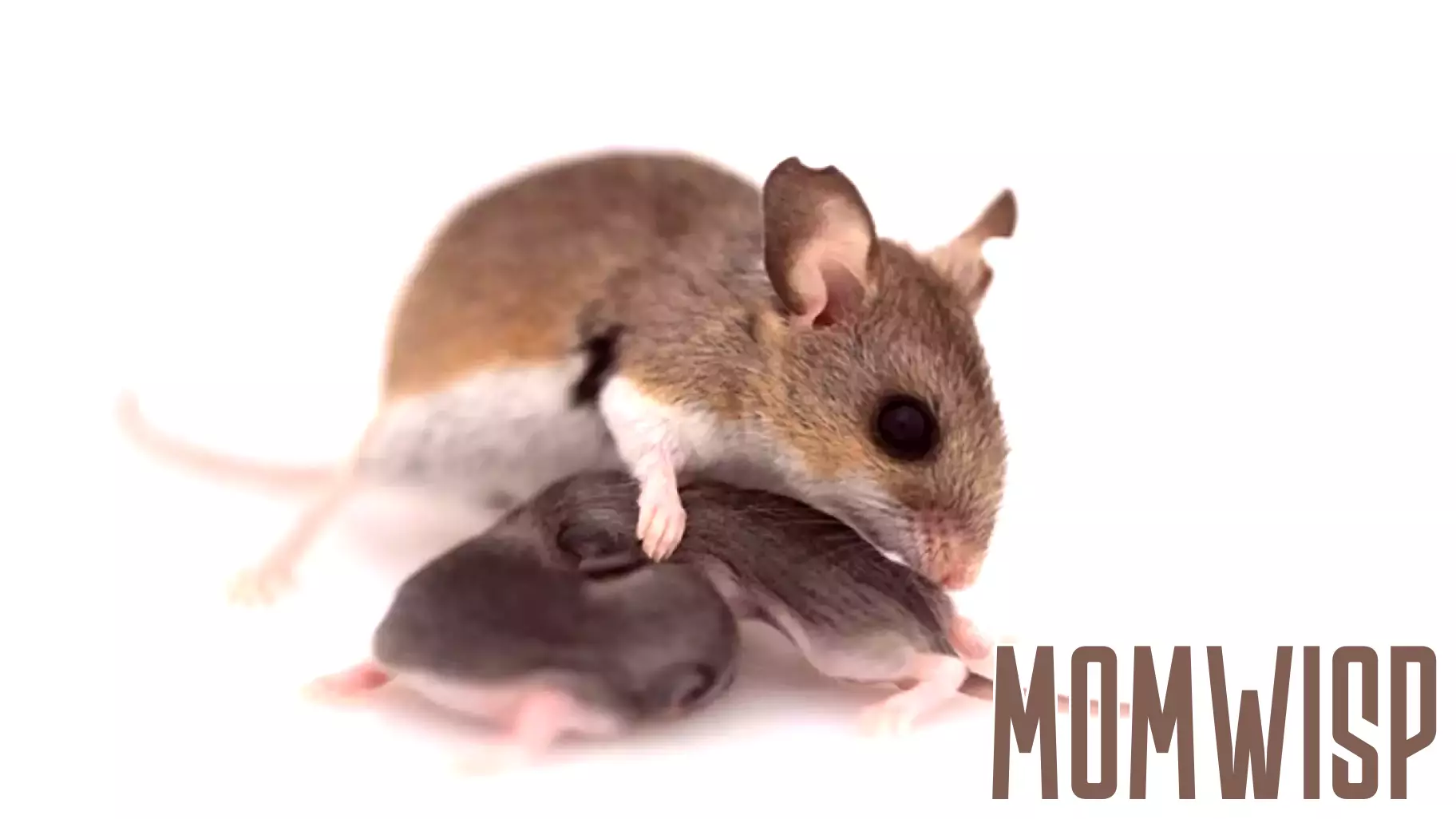January 7, 2025 - 15:06

Researchers are delving into a unique and diverse genus of mice to gain insights into the complex behaviors associated with parenting, love, and fear. This study aims to unravel the genetic and neural mechanisms that drive these fundamental aspects of animal behavior. By examining various species of mice, scientists hope to identify specific genes and neural pathways that influence how these animals nurture their young, respond to threats, and form social bonds.
The investigation into these small mammals provides a fascinating glimpse into the evolutionary adaptations that shape parenting strategies. Different species exhibit varying degrees of parental care, which can be linked to their environmental challenges and social structures. Understanding these behaviors in mice may also shed light on the biological roots of similar behaviors in humans, particularly in the context of emotional attachment and caregiving.
As researchers continue their work, the findings may have broader implications for understanding the interplay between genetics, environment, and behavior, offering valuable perspectives on the nature of love and fear in both animals and humans.



